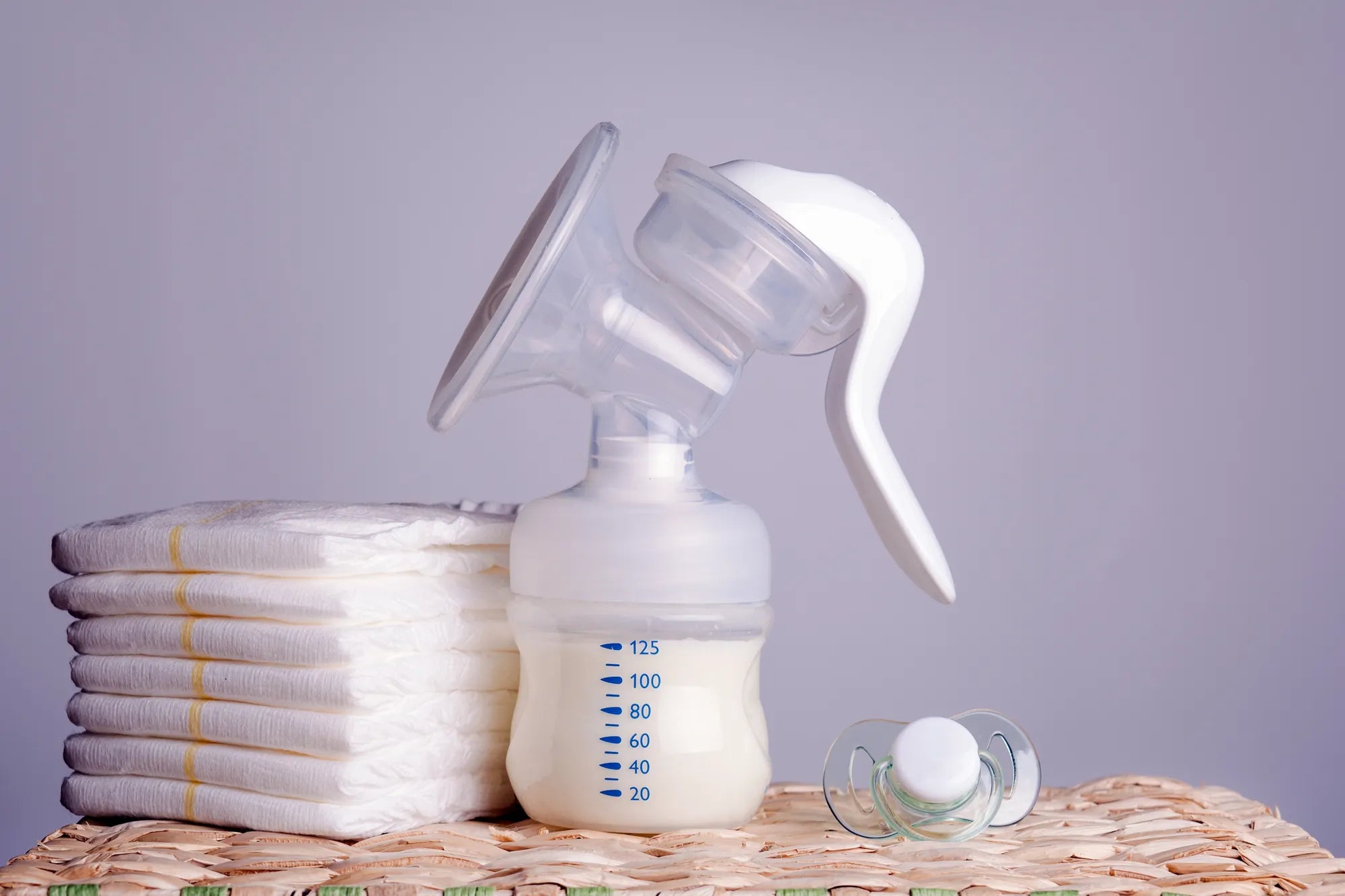Home
Pregnancy, Breastfeeding, and Pumping: The Ultimate Guide for Moms
Why Do Babies Cry When Pumping Breast Milk: Understanding the Reasons

Why Do Babies Cry When Pumping Breast Milk: Understanding the Reasons
Babies crying during breast milk pumping sessions is a common yet perplexing issue for many mothers. Understanding the reasons behind this behavior can help ease the stress and improve the experience for both the baby and the parent. Let’s explore the possible causes and solutions to this phenomenon.
Physical Discomfort
One of the primary reasons babies cry during pumping is physical discomfort. The suction from the pump can create a sensation that feels unfamiliar or even uncomfortable for the baby. Additionally, the position in which the baby is held during pumping might not be as cozy as during direct breastfeeding, leading to fussiness.
Hunger and Timing
Timing plays a crucial role in a baby’s reaction to pumping. If the baby is hungry and the milk flow from the pump is slower than direct breastfeeding, they may become frustrated and cry. Ensuring the baby is fed before pumping or adjusting the timing of sessions can help mitigate this issue.
Separation Anxiety
Babies often associate breastfeeding with closeness and comfort. When a pump is introduced, the baby might feel a sense of separation from the parent, leading to tears. Maintaining eye contact, talking, or holding the baby close during pumping can help alleviate this anxiety.
Changes in Milk Flow
The flow of milk from a pump can differ from that of direct breastfeeding. Some babies may struggle with the slower or faster flow, causing them to cry. Experimenting with different pump settings or techniques can help mimic the natural flow of breastfeeding.
Environmental Factors
The environment during pumping can also influence a baby’s behavior. Loud noises, bright lights, or an unfamiliar setting can make the baby feel uneasy. Creating a calm and quiet space for pumping can help the baby feel more secure and less likely to cry.
Teething or Illness
Teething or illness can make babies more irritable and prone to crying during any activity, including pumping. Checking for signs of teething or illness and addressing these issues can help improve the baby’s comfort during pumping sessions.
Parental Stress
Babies are highly sensitive to their parents’ emotions. If the parent is stressed or anxious during pumping, the baby may pick up on these feelings and respond with crying. Practicing relaxation techniques and maintaining a positive mindset can create a more soothing environment for both the baby and the parent.
Practical Tips to Reduce Crying
Here are some practical tips to help reduce crying during pumping sessions:
- Ensure the baby is well-fed and comfortable before pumping.
- Use a pump with adjustable settings to mimic natural milk flow.
- Maintain physical closeness and eye contact with the baby during pumping.
- Create a calm and quiet environment for pumping sessions.
- Address any underlying issues such as teething or illness.
- Practice relaxation techniques to reduce parental stress.
Understanding why babies cry during breast milk pumping can transform the experience into a more positive one. By addressing the underlying causes and implementing practical solutions, parents can create a more comfortable and enjoyable environment for their baby. Remember, every baby is unique, and finding the right approach may take time and patience.
Share
